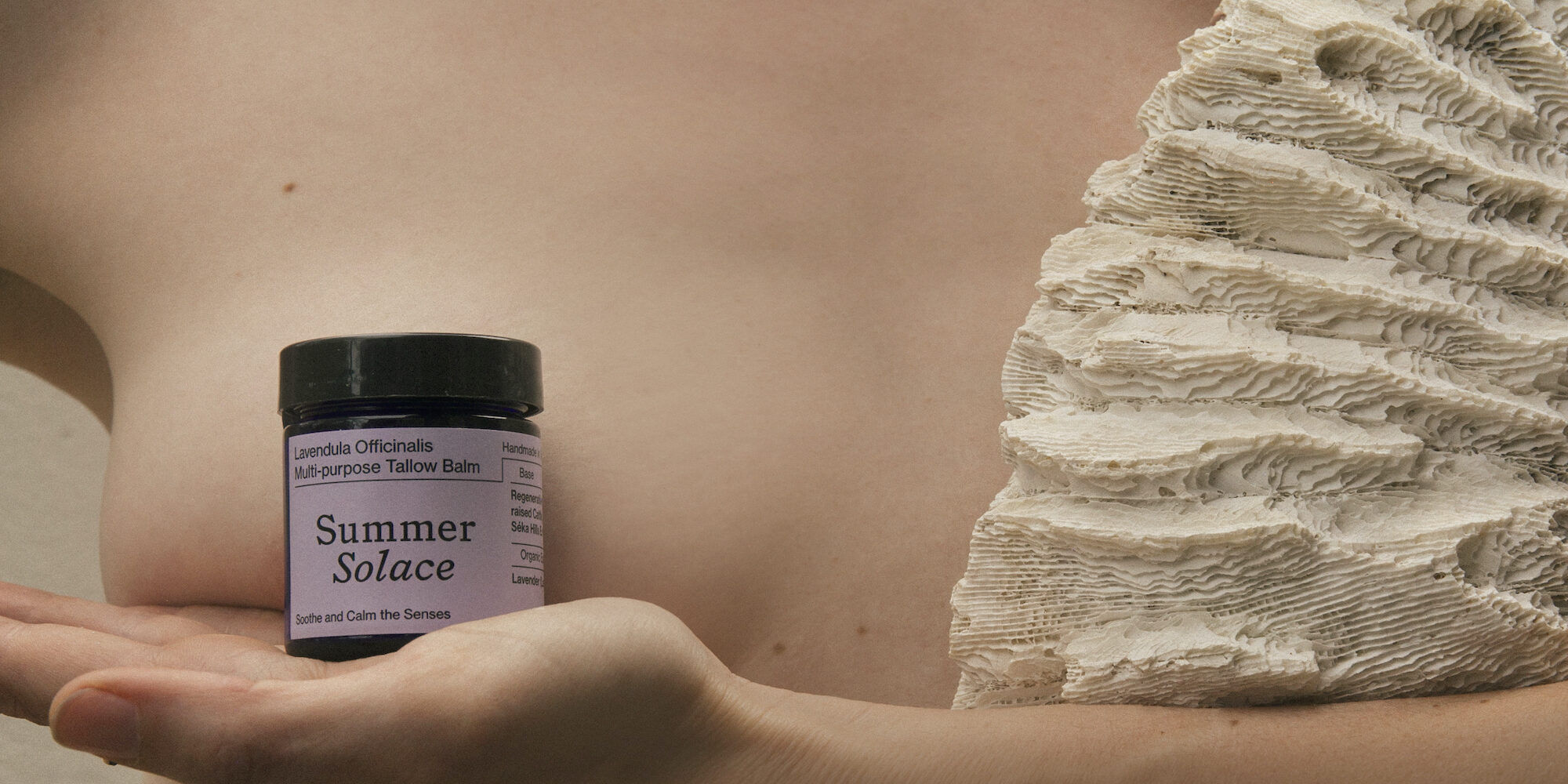
A Number Of Brands Are Pushing Against The Vegan Beauty Tide
“Vegan” has been the buzziest of buzzy beauty terms for several years now, causing many brands to rid their products of all animal-derived ingredients, including even honey.
But a number of brands are taking a contrarian approach by featuring animal-derived ingredients, particularly tallow, in their products. Relied upon for centuries to make soaps, salves and skin creams, tallow comes from nutrient-dense fat around animals’ organs. It’s been drawing a modern audience of consumers looking for clean and eco-conscious formulations thanks to its connection to regenerative agriculture practices.
Can animal fat-based face creams establish a foothold in a beauty industry seemingly obsessed with plant-based products? The brands selling tallow-based beauty products think so, but they’re certainly facing significant headwinds from the meteoric rise of vegan cosmetics. According to Grand View Research, the global vegan cosmetics market is forecast to accelerate at an annual compound growth rate of 6.3% to exceed $26 billion by 2030.
Intel from experts with their fingers on the pulse of beauty retailers corroborate the robust demand for vegan beauty. Specialty stores are leaning toward plant-based offerings more than ever. “Retailers and brands alike are consistently moving towards vegan ingredients, as are consumers,” says Kelly St. John, founder and CEO of beauty brand consultancy KSJ Collective. “It is always a fine line when deciding to incorporate any animal-derived ingredient in a product.”
While vegan beauty is undeniably booming, tallow is gaining some traction. According to search intelligence firm Spate, “tallow” was searched on Google an average of nearly 123,000 times monthly in the year ended June 2022 in the United States. Tallow search interest has increased 32.2% from last year. Spate founder Yarden Horowitz says the searches are generally related to tallow beef as a cooking ingredient. The search volume for tallow beauty products is low, but climbing. Tallow soap searches are up 44.1% from last year, tallow candle searches are up 12.7% from last year, and tallow balm searches are up 48.6% from last year.
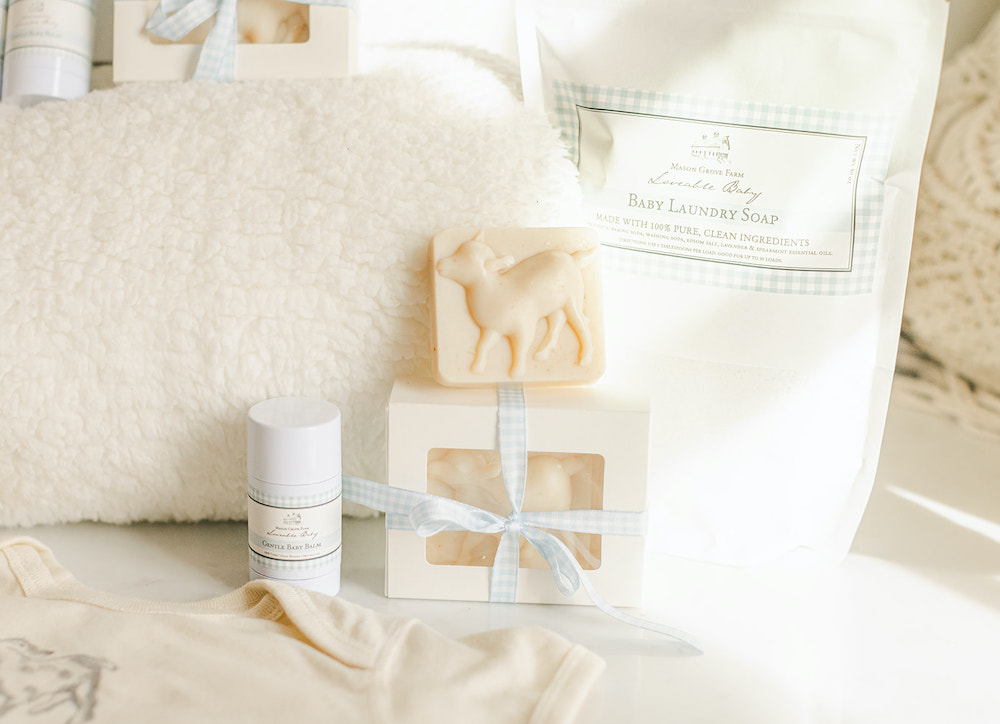
Tallow’s presence on Amazon is similarly nascent, but growing. Monitoring Amazon brand analytics, Laura Meyer, CEO and founder of Amazon consultancy Envision Horizons, reports that the search frequency rank (SFR) for “tallow balm” improved from 436,494 in June to 279,731 in July. The lower the SFR, the more frequent the searches. By comparison, the July SFR for “coconut lotion” was 4,320. Tallow balm’s SFR jump could be an indication of a social media trend.
While Wizz Selvey, founder of beauty retail strategy firm Wizz & Co, underscores that interest in vegan beauty products is formidable, she highlights product efficacy can sway consumer purchasing decisions. “Although vegan beauty has boomed over the last three years, when it comes to skincare, if it contains an ingredient such as tallow that has a proven higher efficacy, then a consumer is likely to defer from their preferences for better results,” she says. “Ultimately, consumers want brands that perform. Retailers have expanded their range of vegan brands, but will still stock non-vegan brands if there is sufficient consumer demand.”
Although she usually sticks to plant-based products, aesthetician and Willow Beauties VP of business strategy Jillian Wright, co-founder of Beauty Independent parent company and Indie Beauty Media Group, points out tallow has tremendous benefits for the skin. “For those looking for a minimalist, ‘less-is-more’ routine or who don’t mind using an animal-based product, tallow could be considered,” she says. “The home care recommendations I make tend to be corrective or preventative and require multiple steps to create a regimen. For some people, especially those who are new to skincare and don’t mind an ingredient that’s not vegan, it’s a great option.”
The founders behind tallow-driven brands like Fatco, Summer Solace and Mason Grove Farm emphatically concur that tallow is a potent ingredient for the skin. They share customers flock to their brands after plant-based products fail to remedy chronic and often painful skin conditions.
Megan Bre Camp, an organic chef and gardener, launched Summer Solace after she used tallow to calm her kids’ eczema. “It’s amazing for eczema, psoriasis, sunburn, any skin irritation, bug bites because it actually penetrates and soothes,” she says. “It doesn’t sit on top of the skin like most plant-based oils do. It’s a game changer.”
Summer Solace’s assortment contains around 50 tallow-based creams, rubs, soaps, lip balms and more products priced between $7 and $50. Bre Camp, who calls the adoption of tallow-based products like those from her brand “the slow body care movement,” asserts tallow-based personal care and clean beauty aren’t as strange bedfellows as might be imagined.
“This actually does encompass holistic wellness, holistic living. Clean beauty can also include regenerative animal fats,” she says, noting she’s detected an evolution in consumer sentiment over the eight years Summer Solace has been on the market. “It has shifted towards pasture-raised animal fat, towards the ancestral diet. Eight years ago, it was a whole vegan clean culture. People on the fringe got this, but mostly everyone pooh-poohed it. Now we’re onto regenerative agriculture, biohacking, homesteading. I am seeing this trend in the whole animal, how it’s way better for your immune system. Fat is your friend.”
Still, there’s the challenge of getting retailers on board with tallow. Select Summer Solace products are carried at retailers worldwide—the brand is available at sustainable fashion boutique Christy Dawn and has had talks with Nordstrom in the Bay Area—but its sales are primarily direct-to-consumer. However, Bre Camp is optimistic consumers are open to supporting a business like hers.
“Fat is your friend.”
“People are definitely on board, especially after the pandemic,” she says. “We could see the supply chain issues, and I think people now want to know where their products come from, know how they’re made, know the person behind them.”
Fatco, another tallow brand that’s been in the market for eight years, hasn’t been that lucky forging retail partnerships and decided as the pandemic got underway to concentrate on DTC and Amazon, although founder Cassy Burnvoth says Thrive Market has been a strong partner. Direct sales account for 65% to 70% of Fatco’s sales, with Amazon making up approximately 20%. The remainder of its sales are from retail.
Fatco launched at Target in 2018 with Fat Stick, Cleansing Oil, Calming Body Butta and Women’s Stank Stop Natural Deodorant. A change in the buying team at Target led to it leaving the retailer after two and an a half years. Burnvoth says tallow was the issue. She explains, “The buyer who made that decision to bring us in was a really forward-thinking and innovative buyer. Then, she moved out and a new buyer moved in, and she was never as passionate about our point of differentiation.”
Buyers’ personal opinions on animal-derived ingredients can present an obstacle to tallow-based brands pursuing scale. At first glance, Whole Foods would appear to be the perfect retail partner for Fatco, but Burnvoth reports her meeting with a Whole Foods buyer was a bust.
“The sense I got from that meeting was that the trend is vegan-friendly, plant-based,” says Burnvoth. “She was very new to the position at the time, and she didn’t really want to rock the boat. Every buyer that we’ve come across in the eight years that we’ve had serious conversations with, it always comes down to the use of animal fat. ‘Your branding’s beautiful. It’s an interesting story, but I just don’t know how well it would do on store shelves.’ It’s not just a tub of fat, it’s shea butter, coconut oil, essential oils. It is a delightful mixture of plant-based oils with animal fat in there.”
Transparency and sustainability, which like vegan are buzzy concepts in beauty, are integral to businesses like Mason Grove Farm, Fatco and Summer Solace that depend on regenerative agriculture practices. Summer Solace sources tallow from pasture-raised animals. Their meat becomes food, and turning their fat into tallow for beauty products adheres to the “nose-to-tail” philosophy of using every part of the animal.
“Stemple Creek, where I source from, provides meat to Michelin star restaurants in the Bay Area. I knew I wanted to work with them because they were all about beautiful grass-fed lands, sustainable and regenerative agriculture,” says Bre Camp, emphasizing the regenerative agriculture movement fights against the negative impacts of the corporate agriculture and pharmaceutical industries.
Another buzzy industry signifier—and one many beauty consumers consider non-negotiable—is “cruelty-free.” Consumers may be surprised to discover that brands incorporating animal-derived ingredients like tallow can be certified cruelty-free.
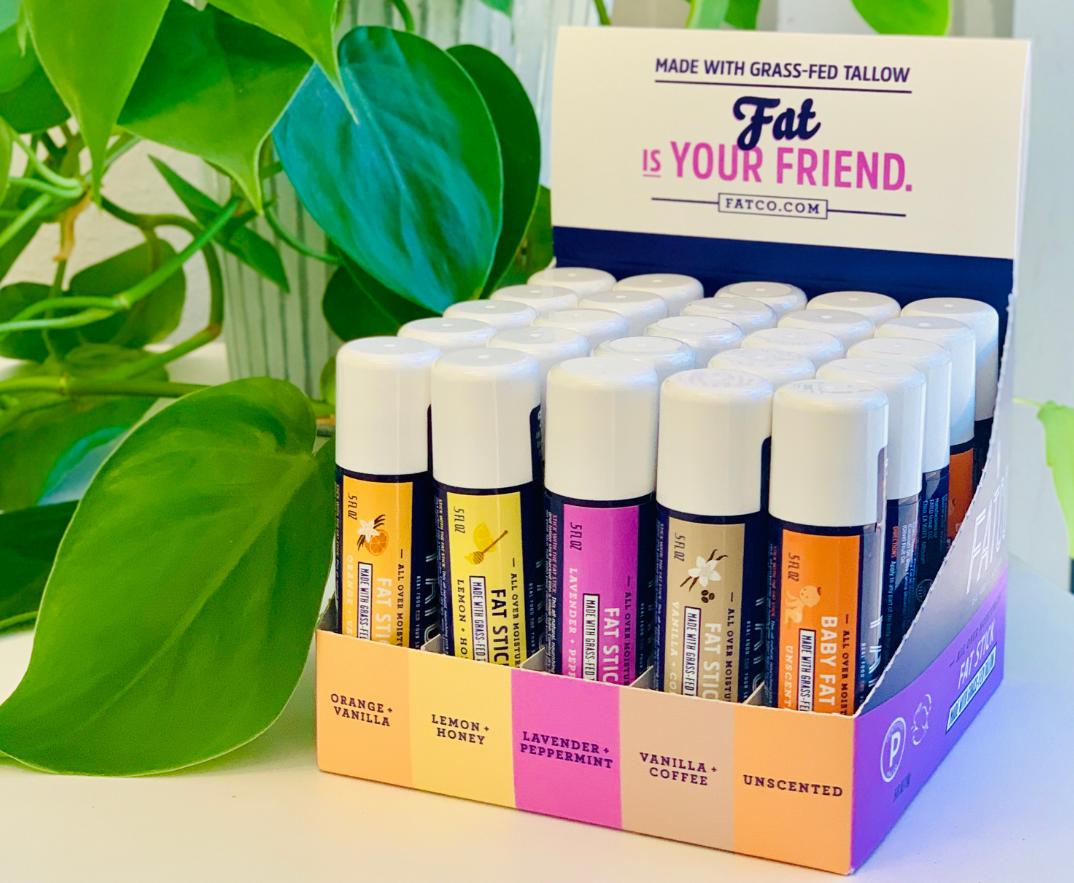
“There’s this idea that cruelty-free certification means that it is equivalent to vegan, and it is in no way that,” says Burnvoth. “Cruelty-free really is about, are your products being tested on animals, not so much do they include animal byproducts in them.” St. John says brands interested in growing at brick-and-mortar retail should view cruelty-free as non-negotiable. “If a brand incorporates an animal-derived ingredient, it is paramount that it is with the utmost care and ethical practices,” she advises.
Analogous to Summer Solace, tallow-based brands often stress that the animals their tallow comes from are raised ethically and responsibly. Angie Lentz, co-founder of skincare, home and baby care brand Mason Grove Farm, was born into a family of farmers with a deep respect for animals and the land. “I’m a farmer’s granddaughter from a small town,” she says. “We are meat eaters, but we believe in good practices and ecological practices, using the land and herbs and what the animals have left over after they’ve fed the family and families of the community.”
Prior to starting Mason Grove Farm, Lentz spent decades in the beauty industry as a makeup artist and educator for legacy brands like Lancôme and Laura Mercier. She loved the brands’ color cosmetics, but their skincare products never agreed with her skin. It was that experience that instigated the launch of Mason Grove Farm with a focus on products containing bovine and grass-fed tallow.
More consumers may follow Lentz into the tallow beauty arena. The potential market is sizable: Americans that don’t eat animal products are a small minority. The vegetarian population in the U.S. is estimated at around 6%, with 5% self-identifying as vegan. Of course, there are meat eaters that aren’t OK with non-vegan beauty products. The founders of tallow-based brands say they aren’t trying to convert anyone away from their current lifestyles or inclinations, but they hope consumers will be open to discussions about animal-based beauty ingredients.
“There has been in the past and there will be forever people that are just against the idea of using anything with animal byproducts in it, and that’s fine. That’s not our target audience,” says Burnvoth. “But when we have that conversation about the ethical treatment of animals and nose to tail, this idea of using every single part of the animal and treating the animal with respect in the end, that can usually open up a really amazing conversation with vegan and vegetarians and paleo and keto and all people from all walks of life.”

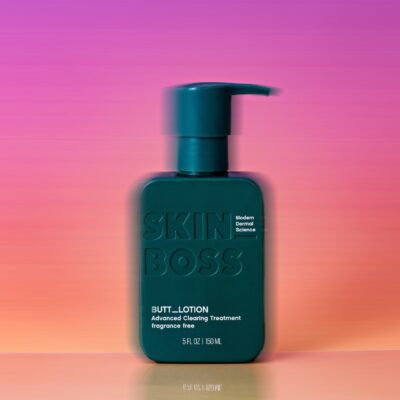

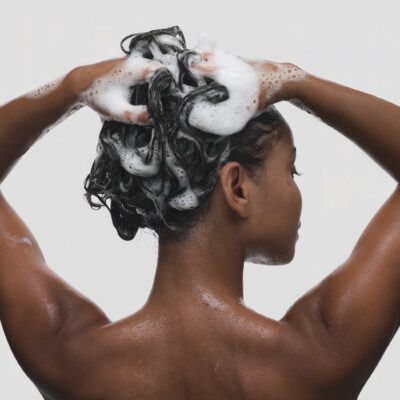

Leave a Reply
You must be logged in to post a comment.